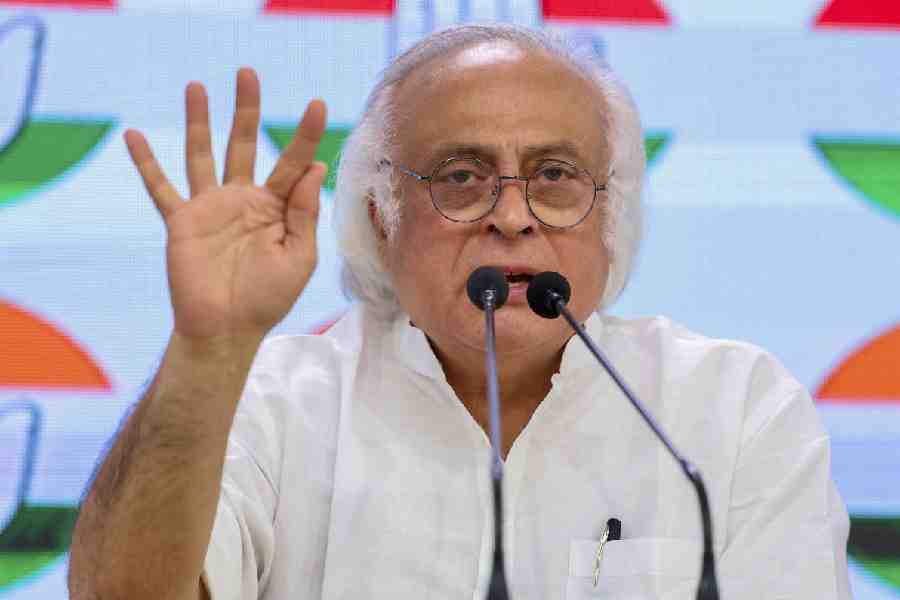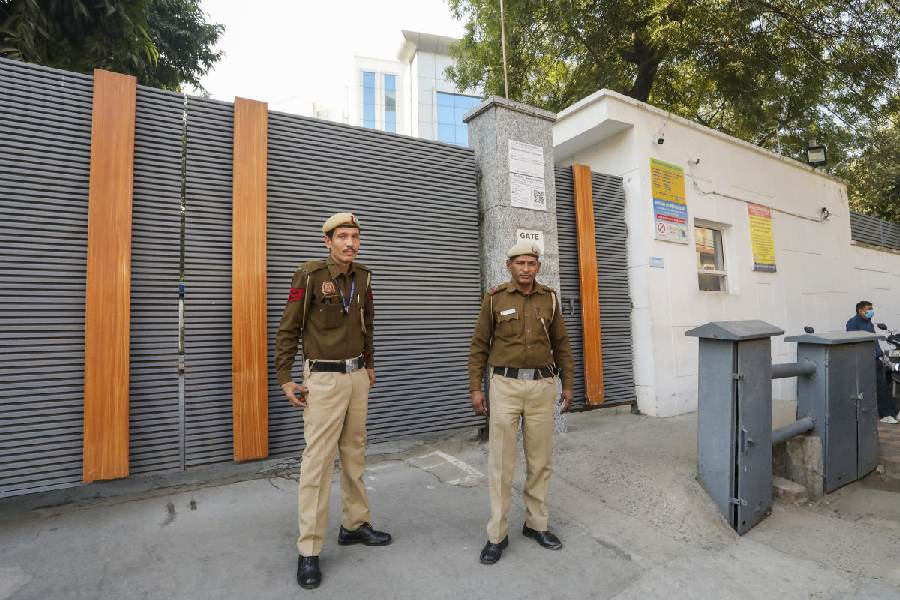Rawalpindi: Ajit Wadekar got labelled a ‘Lucky Captain’, but the world needs to know he was shrewd with a capital S — otherwise, the only series victory in the West Indies (1970-71) and the first in England (1971) wouldn’t have come about under his leadership. In town as an invitee for the decider, Wadekar — who won four Tests and lost as many out of 16 — spoke to The Telegraph exclusively on captaincy.
The following are excerpts
On the qualities a captain must have
The ability to lead by example, the ability to generate confidence, the ability to ‘manage’ 12/14/16 individuals who could have appreciably different ways of reacting to one situation, the ability to quickly grasp the limitations of a player and encourage him to be a champion within his skill-level... Also, he should always aim to win — of course, if that’s not possible, the idea must be not to lose... (After a pause) Because of the cultural differences, the seat often becomes very hot for an Indian captain.
On his own approach
I was transparent and got the respect of my players... I didn’t have a problem seeking suggestions from even the least experienced...
On being labelled a ‘Lucky Captain’
A captain needs luck, sure, but that alone doesn’t guarantee success.
On his top five captains (in order of ranking)
STEVE WAUGH: Took Australia to an unconquerable level... Led from the front and, in my opinion, handled everything — including the Media, which has begun to play a big role — beautifully. Steve made the team more professional.
MIKE BREARLEY: Probably the first captain to psychologically analyse every member of his own team and the opposition... Obviously, his degree in psychology would have helped... His USP was knowing exactly how to get the best out of each player. Basically, Brearley made optimum use of talent.
MANSUR ALI KHAN PATAUDI: Brought in much-needed freshness... Moreover, for the first time, an Indian captain began focussing on fielding... It’s Tiger who made us realise that runs saved were in effect runs scored... I don’t think he was aloof, it’s just that some players were scared of interacting with him... He did consult seniors and, despite what may have been reported, the two of us got along well.
[Incidentally, Wadekar succeeded Pataudi as captain, in 1970-71. In 1974-75, though, Pataudi was back at the helm after Wadekar’s premature retirement.]
IMRAN KHAN: Great motivator and one who had the aura of a captain... A captain should convey he’s the boss — Imran did that with flair... Years on, people still recall his inspirational role in the 1992 World Cup.
SOURAV GANGULY: Has injected aggression and given the youngsters much confidence. In today’s cricket, being aggressive is a must and Sourav has made that a characteristic of the present-day players... Then, the youngsters have much less pressure as they realise he will give them a fair run. As I see it, he has raised the comfort-level of his players... (Again, after a pause) In any case, his record speaks for itself.
Finally, on whether captaining today is easier/difficult
(Smiles) Depends... Every captain has a huge support staff, beginning with the coach and computer analyst. However, after a defeat, it’s the captain who gets the blame — not the analyst, coach or laptop... Indeed, with so much Media scrutiny, captaining is perhaps a wee bit tougher now. Inarguably, the pressure is more.










